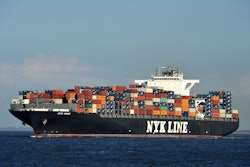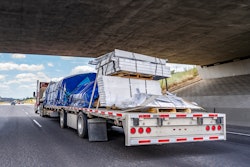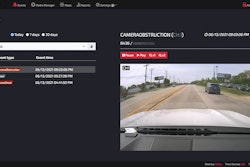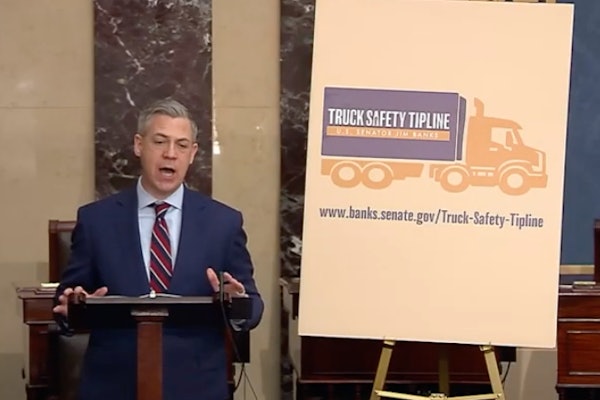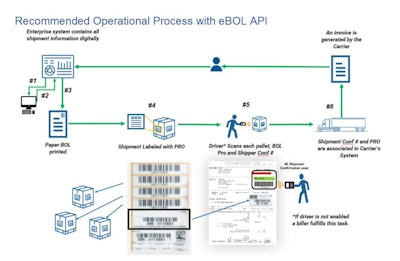
According to the Digital LTL Council, there’s really only one type of operation that wouldn’t benefit from using a standardized electronic bill of lading.
“If you only work with one carrier, standardization doesn't do anything for you,” said Brian Thompson, a council member at Digital LTL Council and chief commercial officer at SMC3, a provider of LTL and truckload data and solutions. “But if you want to connect and integrate with 10, 20, 30 carriers, suddenly it becomes exponentially large — a huge obstacle to connecting to your carriers and engaging with them digitally."
To help foster more efficient data sharing among LTL stakeholders, the relatively new Digital LTL Council comprised of various industry players worked together to produce standardized electronic bill of lading (eBOL) attributes.
Available through their website, the Gold Copy bill of lading API (application programing interface) seeks to streamline the digitalization of LTL with features like access to YAML file; request/response examples; field names and definitions; required fields; request/response schemas; and standardized enumerations.
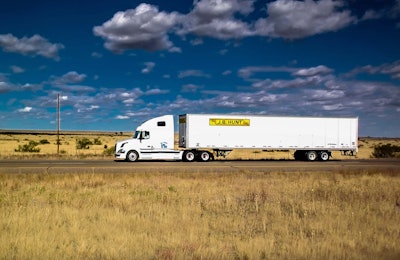 J.B. Hunt is counted among the growing membership at Digital LTL Council.J.B. Hunt
J.B. Hunt is counted among the growing membership at Digital LTL Council.J.B. Hunt
Following its start in September 2019, the Digital LTL Council has risen from 12 to 30 members and counts among its membership some of the biggest names in the industry including Estes Express Lines, XPO Logistics, Yellow, TForce Freight, J.B. Hunt, Worldwide Express and Uline.
In addition to project44 and SMC3, other technology providers like BlueYonder, Manhattan Associates, Banyan Technology and My Carrier joined the council and put their differences aside to “facilitate collaboration, automation, standardization and digitization across all LTL industry participants with the hopes of elevating the industry together,” a council mission statement reads.
Thompson said the council hopes that its standardized approach to eBOLs will motivate more industry players to drop paper-based methods in favor of more efficient digital recordkeeping that can be more easily accessed and shared while cutting up to 2% in freight under management (FUM) costs which the council estimates at $1.2 billion in savings.
[Related: project44 acquiring last-mile delivery and customer experience company, Convey]
According to a council white paper, the "LTL industry continues to handle more than 85% all shipments with paper-based processes on both the shipper and the carrier side. These manual processes present the LTL industry stakeholders with a major obstacle to improving performance and decreasing cost."
Council members see plenty of opportunities for improving the bottomline through digitalization.
“We believe that digitalization will have a huge, positive impact on our industry and are excited to work with both our carrier partners and our shippers to adopt this new electronic bill of lading format to streamline our operations while increasing visibility for the companies we work with across the supply chain,” said Dolly Wagner-Wilkins, a Digital LTL Council member and CTO at Worldwide Express.
Aiming to improve industry outcomes
Freight demand has remained strong this year and with it the need to maximize efficiency as capacity remains tight. For Piller, it’s a challenging scene that doesn’t go unnoticed.“Prior to project44, I spent eight years on the shipper side in various execution and optimization roles,” Piller said. “One of the things I've found is that carriers, whether it's LTL, truckload, ocean, North America or Europe, they're extremely savvy companies. So they're focused on operations, but they operate in an industry that has very thin margins and high expectations for performance.”
[Related: CCJ Innovator: DHL Supply Chain goes full speed to digitalization]
When the pandemic struck, Thompson said it quickly became apparent that online giants like Amazon had an impressive and profitable grip on the supply chain thanks to widespread digitalization, which tracks and shares critical information on inventory, shipping times, in-transit status, etc.
“LTL carriers are looking to do the same thing, to provide that next level of service,” Thompson said, "and I think you can see that a lot of this is driven by the entire shift of the industry to be more intertwined with e-commerce through the whole pandemic where we’ve seen residential deliveries have skyrocketed for carriers.”
To help LTL charge ahead, the Digital LTL Council decided it best to start with standardizing eBOLs.
“The council decided that was the place to start because of the impact that had on the other processes that support LTL,” Piller said. “So if we started the digitalization there, it would be easier to expand into other areas.”
The council plans to focus next on pre-pickup and in-transit exceptions as it strives to become a standalone body with elected officers and full-time employees.
“I think that’s a few years out,” said Piller who, like Thompson and other council members, has a full-time job while working part-time for the council. “I think we might release another standard before we get there, but that's where we want to go because we want this to be around for a while to continue to meet the growing needs of the LTL industry.”


